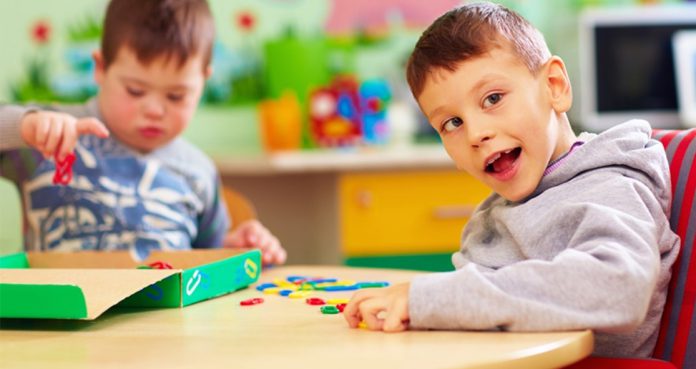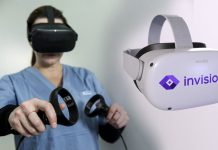A new study, published in the journal Neural Computation, has found that the widely used diagnostic test for autism in children is less reliable.
Researchers from Rutgers University discovered that the standard test for autism is less reliable than previously assumed. They digitalized the test called the Autism Diagnostic Observation Schedule (ADOS) to improve reliability while recording observations of a kid’s behavior and activity.
The diagnostic test evaluates autistic children’s communication skills and social interaction. It also helps diagnose other developmental disorders in children.
The researchers assessed the test by attaching wearable technology, such as Apple Watch, to 2 doctors and 52 kids who visited four times and underwent two different versions of the test.
They looked at the scores and found no normal distribution of scores, suggesting there could be a false positive result and more children could miss the diagnosis of autism.
The results showed that switching ADOS-certified doctors could alter the scores and eventually influence the diagnosis.
Dr. Elizabeth Torres from The New Jersey Autism Center of Excellence said, “The researchers found similar results when they analyzed open-access data of 1,324 people ages 5 to 65. The ADOS test informs and steers much of the science of autism, and it has done great work thus far,” said Torres, whose expertise has brought emerging computer science technology to autism.”
“However, social interactions are much too complex and fast to be captured by the naked eye, particularly when the grader is biased to look for specific signs and to expect specific behaviors,” she added.
The researchers explained that future assessments or evaluations must be done based on clinical examinations along with data achieved from wearable devices, such as smartphones, smartwatches, and other technologies.
Dr. Torres explained that clinicians should aim for tests that capture any change in neurodevelopment to develop effective treatments.
“Autism affects one out of 34 children in New Jersey,” said Dr. Torres. “Reliance on observational tests that do not tackle the neurological conditions of the child from an early age could be dangerous. Clinical tests score a child based on expected aspects of behaviors.”
“These data are useful, but subtle, spontaneous aspects of natural behaviors, which are more variable and less predictable, remain hidden,” she continued. “These hidden aspects of behavior may hold important keys for personalized treatments, like protecting nerve cells against damage, or impairment, which could delay or altogether stop the progression.”






















